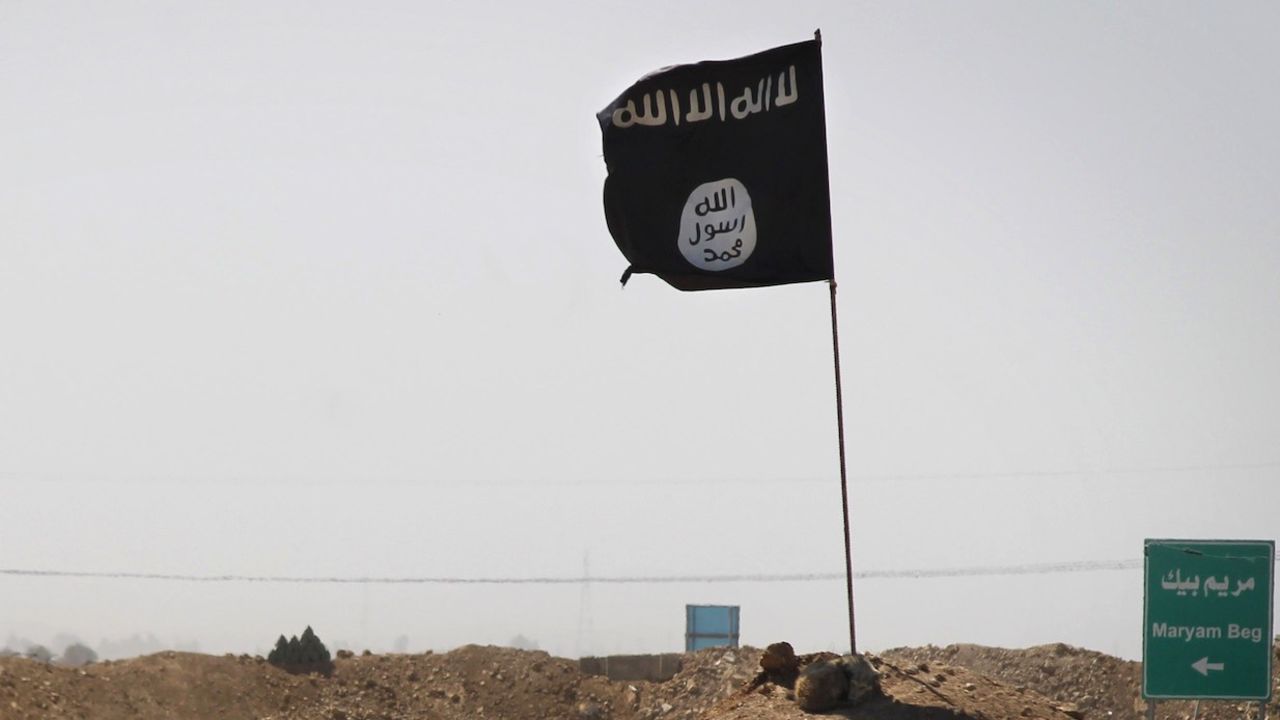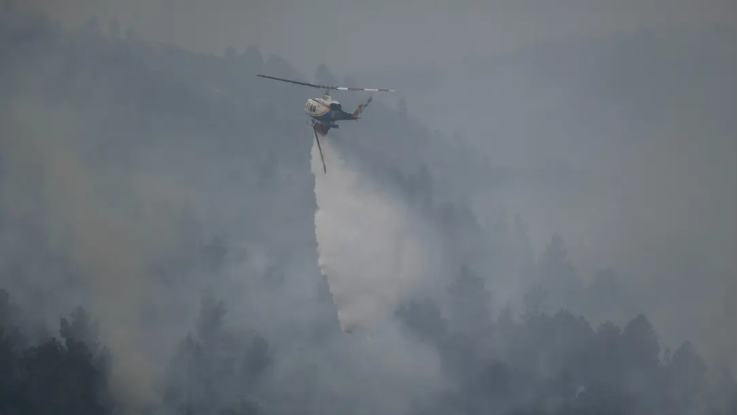IS Acknowledges Leader's Death
Abu Omar al-Muhajer, a spokesman for the Islamic State (IS) group, announced Wednesday that its Iraqi leader Abu Hasan al-Hashimi al-Qurayshi has been killed in battle without providing further details on the date or circumstances of his death.

Facts
- Abu Omar al-Muhajer, a spokesman for the Islamic State (IS) group, announced Wednesday that its Iraqi leader Abu Hasan al-Hashimi al-Qurayshi has been killed in battle without providing further details on the date or circumstances of his death.
- The US Central Command confirmed the death on Wednesday, with spokesman Col. Joe Buccino stating that it took place in mid-October when the Free Syrian Army carried out an operation in Syria's Dar'a province.
- The deceased leader, who took over the group's leadership last March following the death of Abu Ibrahim al-Hashimi al-Qurayshi in a US military operation in the northeast of Syria, will be succeeded by "old fighter" Abu al-Husain al-Husaini al-Qurayshi.
- None of the al-Qurayshi are believed to be related as this isn't their real last name, but rather a "nom de guerre" derived from Islam's Prophet Muhammad Quraish tribe, from which IS claims its leaders hail.
- IS used to rule a self-proclaimed caliphate traversing the border between Iraq and Syria at its apex, but an international coalition partnering with local forces pushed it from its last territorial holding in 2019.
- Despite years of military operations designed to crush IS, militants have managed to regroup and have carried out insurgency attacks both in Iraq and Syria — including a prison break in northeastern Syria in January that caused the death of more than 500 people in Hasakah.
Sources: Al Jazeera, Centcom, CNN, ABC, New York Times, and Wall Street Journal.
Narratives
- Narrative A, as provided by VOA. This is another major blow to IS after Abu Hasan's predecessor and several other IS officials were also killed over the past eight months. And even as IS continues to carry out deadly attacks, its recent successes show one thing above all — thanks to US perseverance in its fight against terrorism, this group is now only a shadow of the organization that once horrified the world.
- Narrative B, as provided by Crisis Group. This is a setback for IS, but it would be a mistake to assume that this signals the end of the jihadist group. IS is now operating a network of autonomous cells and has launched a deadly insurgency in the region. All those fighting the jihadists would have to join forces to defeat them, including Kurdish forces, as well as Russia, Turkey, and the Syrian government. This is a volatile situation.
- Narrative C, as provided by Jerusalem Post. This is undoubtedly another major blow to IS. But now Turkish President Erdoğan's military actions in Syria, which are also motivated by domestic politics, not only endanger US personnel but threaten to strengthen IS by undermining Western-backed and Kurdish-dominated Syrian Democratic Forces (SDF). Washington and its partners must increase pressure on Ankara to prevent a resurgence of IS in Syria.






